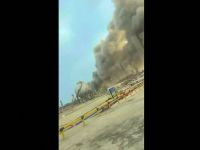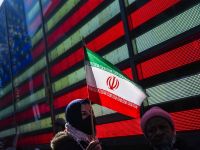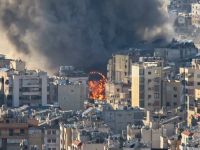ALBAWABA- Israeli forces killed four Palestinians during a predawn raid in the southern Gaza city of Rafah on Wednsday, in what local officials described as another blow to the tenuous ceasefire now entering its second month.
According to the Israeli army, the victims included three militants and one civilian bystander. Witnesses said the operation unfolded near the Philadelphi Corridor, an area under tight Israeli control.
The Israeli military confirmed the raid, claiming its troops targeted a suspected weapons cache and came under fire first. It denied violating the truce, saying the action was defensive.
Additionally, Israeli warplanes carried out airstrikes on Beit Lahiya in northeastern Gaza, while Israeli troops stationed east of the Bureij refugee camp in central Gaza opened fire, according to local reports.
Palestinian medics transferred the bodies to Nasser Hospital in Khan Younis, where hundreds gathered in protest. Hamas condemned the raid, accusing Israel of using “execution squads” to undermine reconstruction efforts and destabilize the ceasefire.
The incident adds to a pattern of ongoing violations since the U.S.-brokered truce took effect in January 2025, halting large-scale hostilities but failing to prevent smaller clashes.
Gaza authorities have documented 282 Israeli breaches between October 10 and November 10, including drone strikes, artillery fire, and 12 ground incursions, most concentrated in Rafah and northern Gaza.
Satellite imagery reviewed by local monitors shows more than 1,500 structures demolished in Israeli-controlled areas, displacing around 50,000 returnees.
Israel has countered these claims, alleging that Palestinian factions have breached the agreement at least 18 times through tunnel ambushes and test launches of rockets. The Rafah border crossing, a key humanitarian lifeline, remains closed, leaving thousands of patients and aid shipments stranded.
The escalation poses a new challenge to President Trump’s 20-point Middle East peace blueprint, which envisioned gradual de-escalation and a phased governance plan for Gaza.
UN observers warn the current “no war, no peace” stalemate is driving Gaza deeper into a humanitarian crisis, with famine fears mounting and child malnutrition rates up 30 percent since the ceasefire began.










